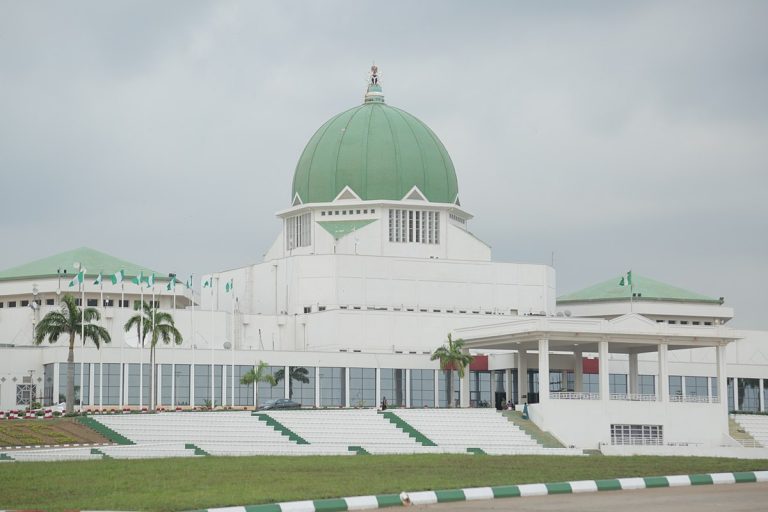Bill seeks to restrict government officials from sending children to private schools


A bill for an Act prohibiting government officials from sending their children to private schools and utilising private hospitals both within and outside Nigeria is set to be sent to the National Assembly for legislative action.
The private bill, sponsored by Dumebi Kachikwu, the African Democratic Congress’ presidential candidate in the 2023 election, proposes that public officials “shall patronise the public education system for the education of his/her child or ward at nursery, primary, secondary, and first-degree university levels.”
The bill also proposes that “No public officer shall patronise any private hospital within or outside the country for the treatment of any sickness or disease for himself, spouse, child or ward, no matter how grievous or life-threatening or debilitating the disease or sickness confronting the public officer, spouse, child or ward may be or appears to be, provided that where it is established that the public health institution in Nigeria may not be able to treat such sickness or disease, owing to lack of necessary materials or personnel.”
It proposed that where public health facilities cannot take care of the ailment of a public official or their family members “such a public officer may, on his own expense, upon the express permission granted therefore by the Senate, seek treatment in private hospitals within or outside Nigeria.”
It further proposed that “No public officer shall enroll or register his child or ward in any private school within or outside the country for the purpose of acquiring education at nursery, primary, secondary and first-degree university level.”
A copy of the bill titled, “A Bill for an Act to place restriction on certain activities of public officers and directors of specialised businesses and for other matters connected therewith,” was exclusively obtained on Sunday.
Speaking with our correspondent, the sponsor of the bill, Kachikwu, said, “The bill also proposes that civil and public servants are not allowed to have police escorts or protection except when a competent court has ruled that a threat to life exists and the police protection is for a maximum period of three months renewable for a period of one month by the order of a court.
“Only the President, Vice President, Senate President, Speaker, governors, their deputies, Speakers, Speakers and Deputy Speakers and state Houses of Assembly and the Chief Judges of the different courts shall be entitled to police protection.
“This also applies to directors of companies that require a government licence, permit or lease to operate such as banks, telecom companies, oil and solid mineral mining companies, broadcast houses.”
Section (1) (i) of the proposed law reads, “The objective of the bill is to promote patriotism among public officers by encouraging public officers to patronise public education system and public health institutions for the education of their children and healthcare services.
“To promote confidence in the public education system and the public health system as public officers driving the sectors would devote time, energy, intellect and resources in providing efficient and effective education and healthcare service delivery for the citizens.
“To ensure that directors of specialised businesses patronise public education system and public health institutions for the education of their children and healthcare services with a view to preserving foreign exchange earnings of the country and build confidence in the nation’s education and healthcare delivery system.”
Under general restrictions, the bill provides that “No public officer shall travel by air for any official assignment within the country except it is proven that restriction of such a travel by air shall impact the national security and well-being of Nigeria,” and any public officer who violates this provision or “who has a generator or borehole in his house or office has committed an offence and is liable on conviction to imprisonment for a term of five years or a fine of N5m or both.”
This is just as the proposed legislation stipulates a fine of N10m and a five-year prison term for public officer who goes about with police escort.”
Kachikwu said, “We are looking at transmitting this bill to the National Assembly very soon. We call it the Nigerian Patriot Act. The provisions therein are expected to lapse in 16 years when it is expected that the Nigerian nation would have significantly improved in the identified sectors.”
The National Assembly is currently on recess and is expected to resume plenary sessions on Tuesday, April 16, 2024.









